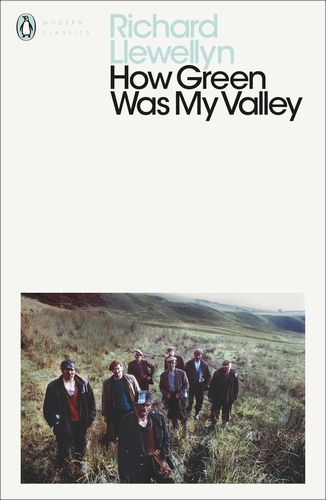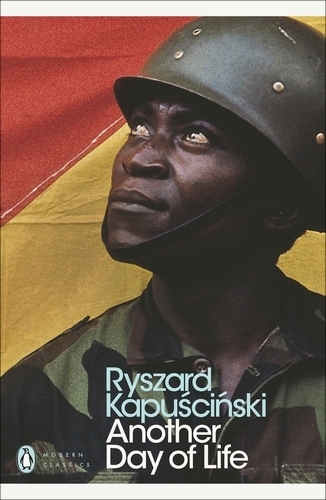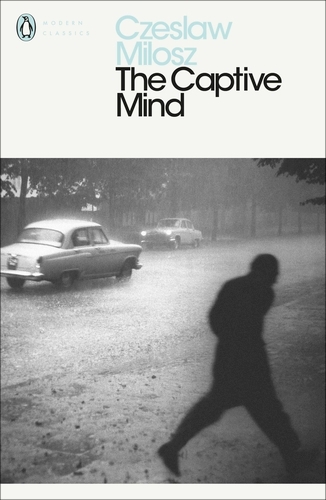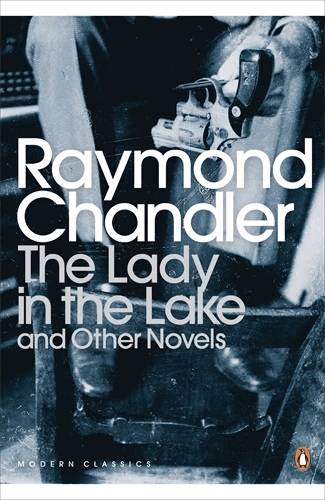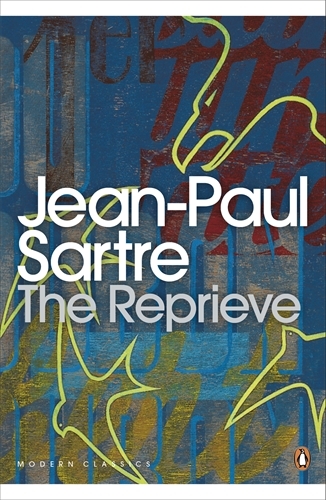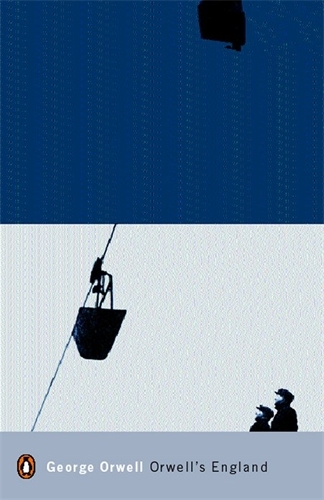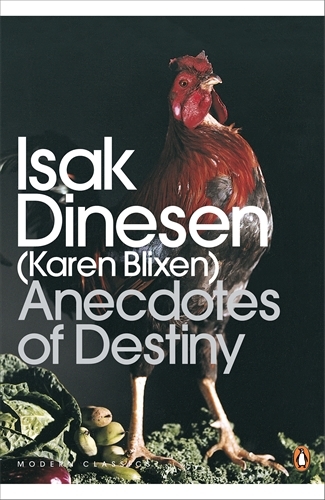Penguin Modern Classics
1281 books in this series
The Enlarged Devil's Dictionary
An incomparable satirist, Ambrose Bierce became the "laughing devil" of the San Francisco news media, for he was about as discreet as a runaway locomotive, according to H.L.Mencken, and nowhere are his uninhibited irony and gift for verse parody more in evidence than in this "dictionary".
How Green Was My Valley
Growing up in a mining community in rural South Wales, Huw Morgan is taught many harsh lessons. Looking back, where difficult days are faced with courage and the valleys swell with the sound of Welsh voices, it becomes clear that there is nowhere so green as the landscape of his own memory.
Another Day of Life
'This is a very personal book, about being alone and lost'. In 1975 Kapuscinski's employers sent him to Angola to cover the civil war that had broken out after independence. For months he watched as Luanda and then the rest of the country collapsed into a civil war that was in the author's words 'sloppy, dogged and cruel'. In his account, Kapuscinski demonstrates an extraordinary capacity to describe and to explain the individual meaning of grand political abstractions.
The Captive Mind
Written in Paris in the early 1950s, this book created instant controversy in its analysis of modern society that had allowed itself to be hypnotized by socio-political doctrines, and to accept totalitarian terror on the strength of a hypothetical future.
The Lady in the Lake and Other Novels
An omnibus comprising Raymond Chandler's three Philip Marlowe novels, THE LADY IN THE LAKE, THE HIGH WINDOW and THE LITTLE SISTER.
The Collected Dorothy Parker
Dorothy Parker, more than any of her contemporaries, captured the spirit of her age in her writing. The decadent 1920S and 1930s in New York were a time of great experiment and daring for women. For the rich, life seemed a continual party, but the excesses took their emotional toll. With a biting wit and perceptive insight, Dorothy Parker examines the social mores of her day and exposes the darkness beneath the dazzle. Her own life exemplified this duality, for a while she was one of the most talked-about women of her day, she was also known as a "masochist whose passion for unhappiness knew no bounds". As philosopher Irwin Edman said, she was "a Sappho who could combine a heartbreak with a wisecrack". Her dissection of the jazz age in poetry and prose is collected in this volume along with articles and reviews.
The Reprieve
It is September 1938 and during a heatwave Europe tensely awaits the outcome of the Munich conference, where they will learn if there is to be a war. In Paris people are waiting too, among them Mathieu, Jacques and Philippe, each wrestling with their own love affairs, doubts and angsts – and none of them ready to fight. The second volume in Sartre’s wartime Roads to Freedom trilogy, The Reprieve cuts between locations and characters to build an impressionistic collage of the hopes, fears and self-deception of an entire continent as it blinkers itself against the imminent threat of war.
The Acts of King Arthur and his Noble Knights
Steinbeck's first posthumously published work, The Acts of King Arthur and His Noble Knights is a reinterpretation of tales from Malory's Morte d'Arthur. In this highly successful attempt to render Malory into Modern English, Steinbeck recreated the rhythm and tone of the original Middle English.
Once There Was a War
Set in England, Africa and Italy this collection of Steinbeck's World War II news correspondence was written for the New Yolk Herald Tribune in the latter part of 1943.
Orwell and Politics
Orwell's classic satire ANIMAL FARM continues to be an international best seller. For the first time ever, ORWELL AND POLITICS brings this major work together with the author's other works exploring the nature of politics and the Second World War.
Orwell and the Dispossessed
This volume brings together Orwell's powerful writings of his personal exepriences of poverty and life outside mainstream society. The complete texts of DOWN AND OUT IN PARIS AND LONDON is included.
Orwell in Spain
The volume collects together, for the first time ever, Orwell's writings on his experience of the Spanish Civil War - the chaos at the Front, the futile young deaths for what became a confused cause, the antique weapons and the disappointment many British Socialists felt on arriving in Spain to help. ORWELL IN SPAIN includes the complete text of HOMAGE TO CATALONIA.
Orwell's England
Collected together for the first time, this volume includes the complete text of THE ROAD TO WIGAN PIER - Orwell's vivid and impassioned documentary of unemployment and proletarian life - as well as Orwell's best writing on the political and social condition of England.
A Russian Journal
Just after the iron curtain fell on Eastern Europe John Steinbeck and acclaimed war photographer, Robert Capa ventured into the Soviet Union to report for the New York Herald Tribune. This rare opportunity took the famous travellers not only to Moscow and Stalingrad - now Volgograd - but through the countryside of the Ukraine and the Caucasus. A RUSSIAN JOURNAL is the distillation of their journey and remains a remarkable memoir and unique historical document. Steinbeck and Capa recorded the grim realities of factory workers, government clerks, and peasants, as they emerged from the rubble of World War II. This is an intimate glimpse of two artists at the height of their powers, answering their need to document human struggle
The Winter of Our Discontent
Steinbeck's last great novel focuses on the theme of success and what motivates men towards it. Reflecting back on his New England family's past fortune, and his father's loss of the family wealth, the hero, Ethan Allen Hawley, characterises successin every era and in all its forms as robbery, murder, even a kind of combat, operating under 'the laws of controlled savagery.'
Anecdotes of Destiny
These five rich, witty and magical stories from the author of Out of Africa include one of her most well known tales, ‘Babette’s Feast’, which was made into the classic film. It tells the story of a French cook working in a puritanical Norwegian community, who treats her employers to the decadent feast of a lifetime. There is also a real-life Prospero and his Ariel in ‘Tempests’, a mysterious pearl-fisher in ‘The Diver’ and a brief, tragic encounter in ‘The Ring’. All the stories have a mystic, fairy-tale quality, linked by themes of angels, the sea, dreams and fate. They were among the last to be written by Isak Dinesen, and show her as a master of short fiction.

